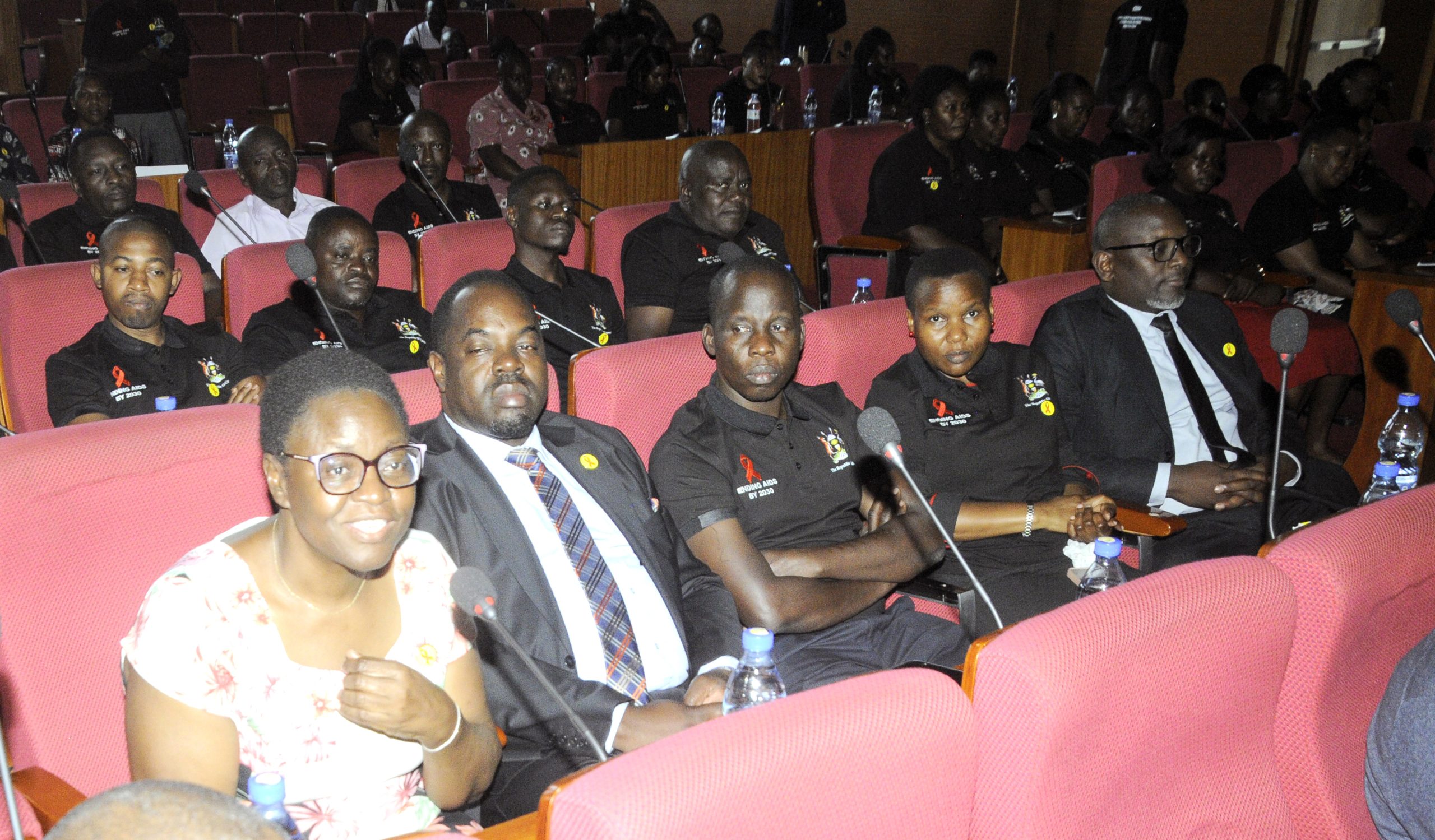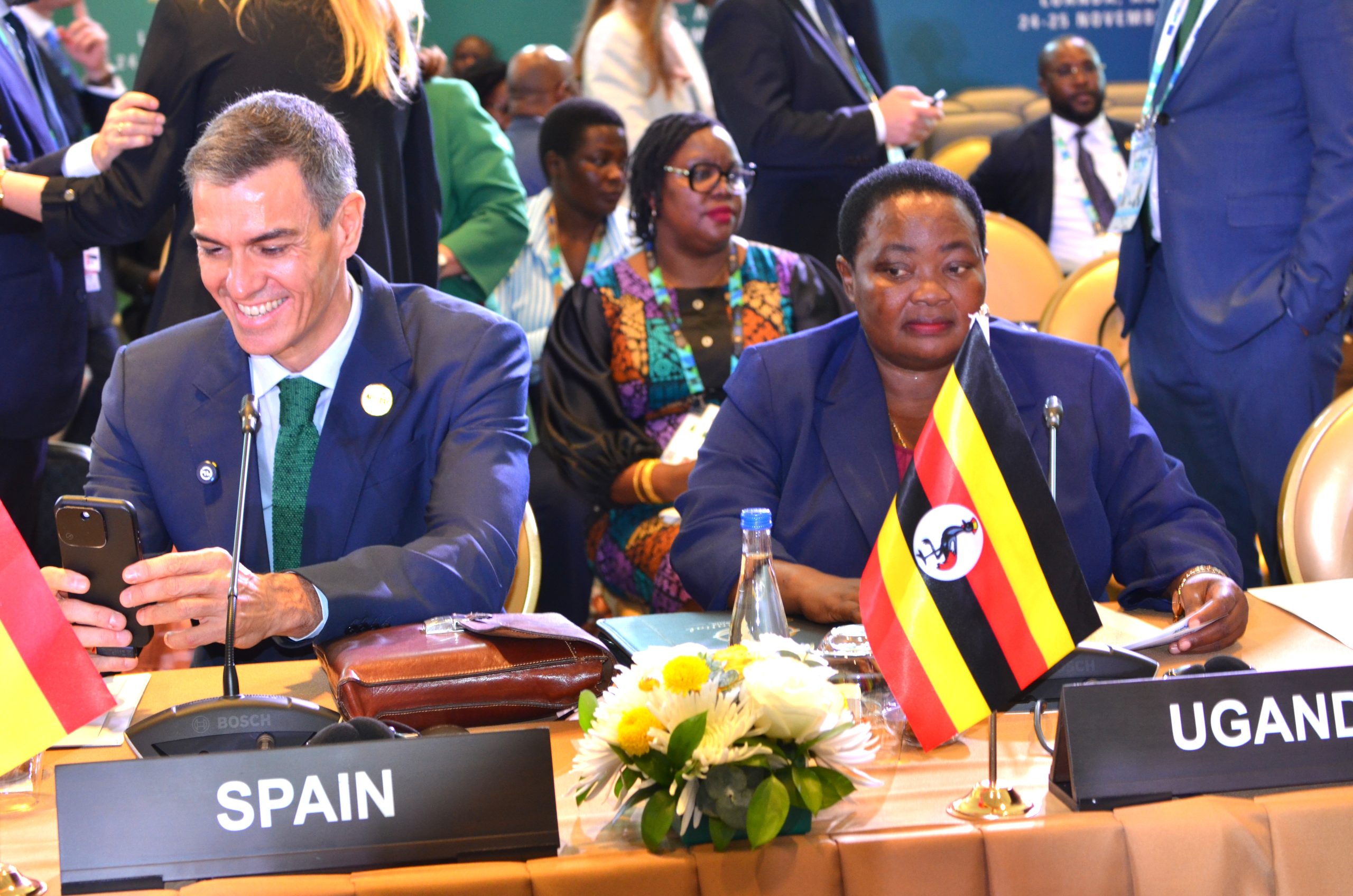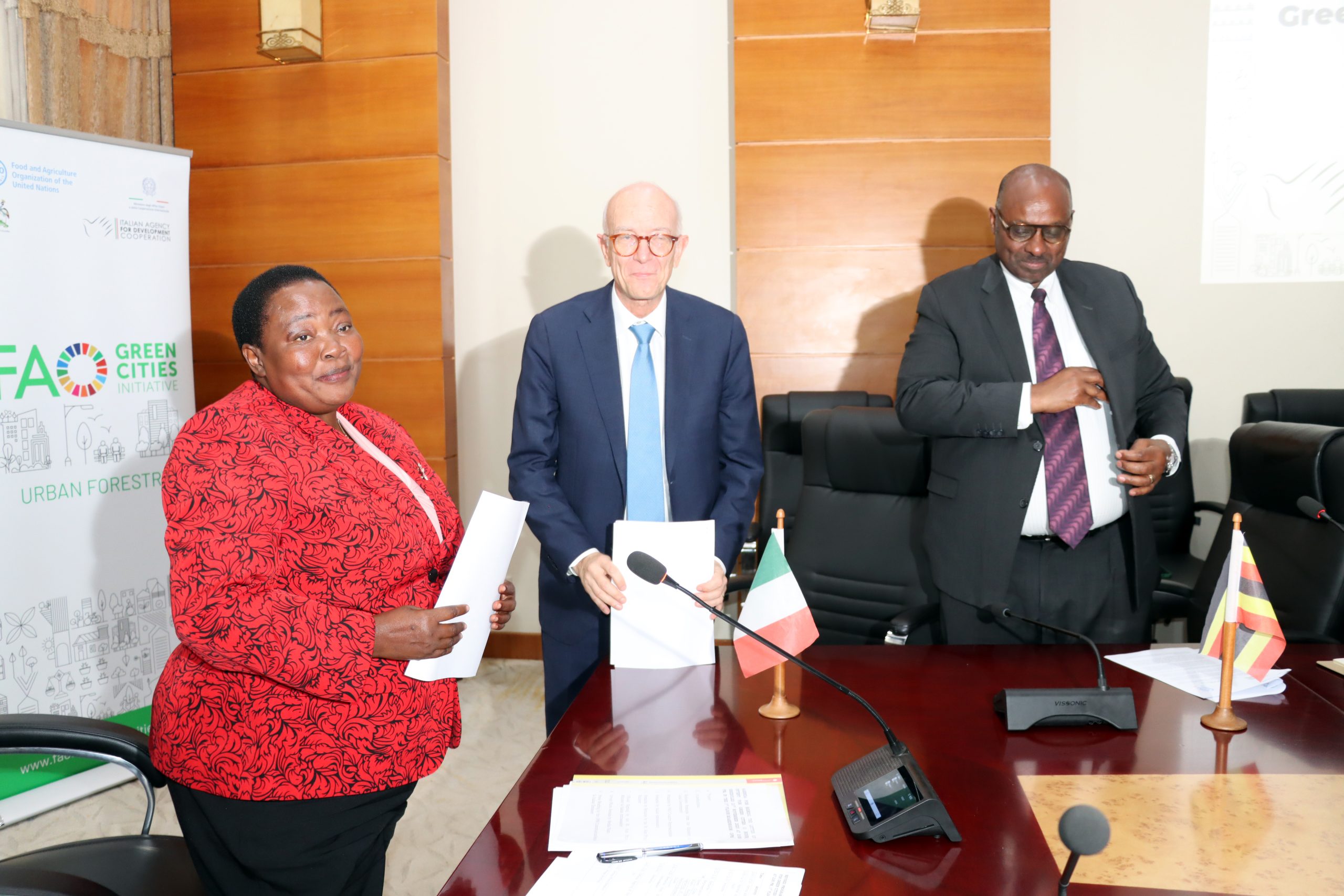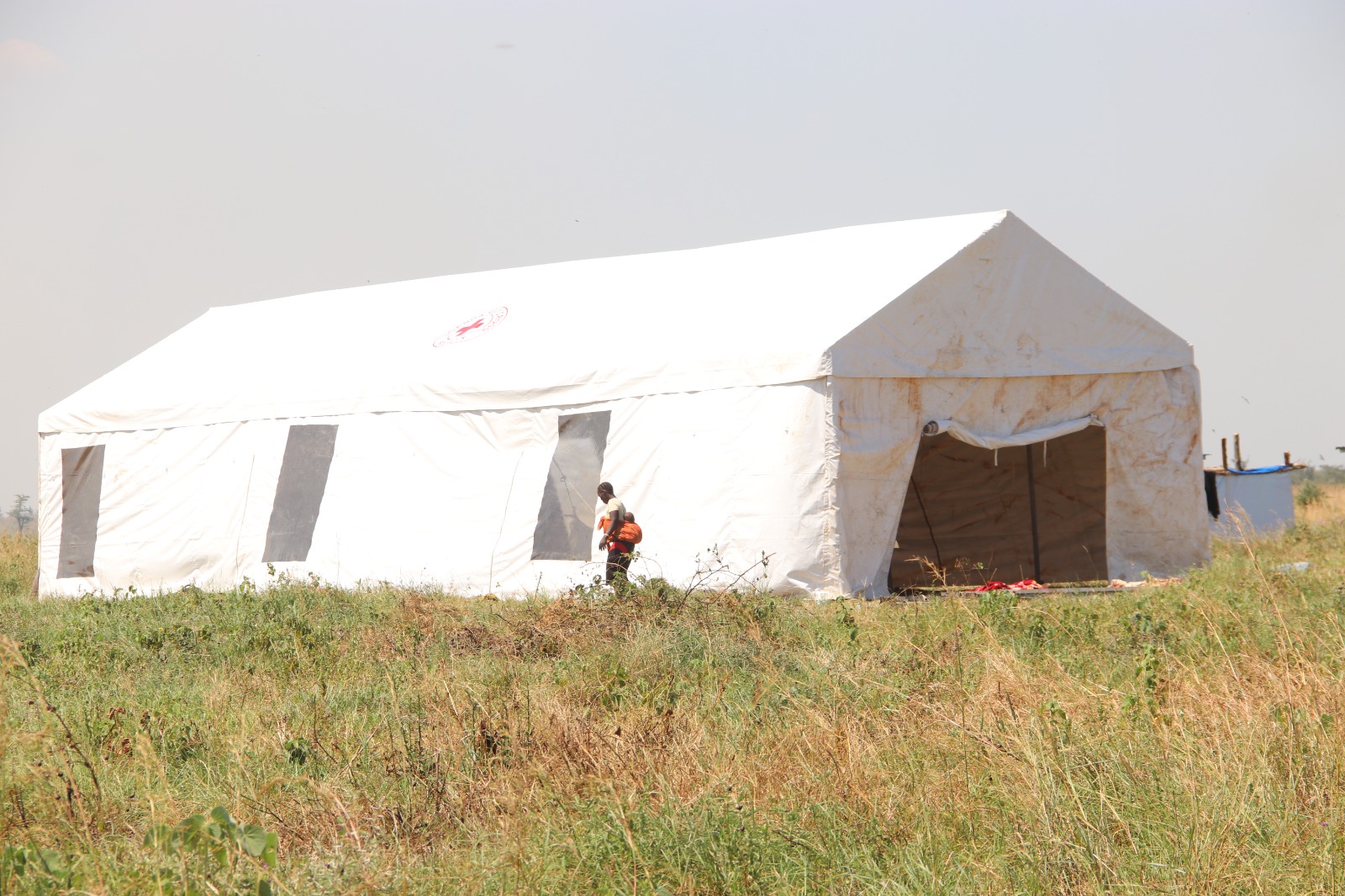By Ismael Kasooha
KAMPALA
The World Health Organization (WHO) has earmarked funds to support Uganda in the fight against Monkey pox (Mpox).
Uganda confirmed the first cases of Mpox on 24th July 2024 following the confirmation of two case-patients from Kasese District, Bwera Hospital by the Uganda Virus Research Institute (UVRI) through a routine surveillance system.
These two cases were detected among six case-patients with symptoms consistent with the Mpox case definition.
Three months after the outbreak, 164 cases and one death have at least been confirmed.
The Deputy Director General WHO in-charge of Health Emergencies Dr. Chikwe Ihekweahu said that he is in the country to assess Mpox outbreak so that they can respond to the epidemic.
Dr. Chikwe paid a courtesy call to the Prime Minister of Uganda Robinah Nabbanja at her office in Kampala.
He lauded the leadership of Uganda for its response strategy to disease outbreaks and epidemics management.
“We have already identified funds to respond to such epidemics but we appeal to the government to support us in the fight against the spread,” said Chikwe.
However, Dr. Chikwe did not disclose how much Uganda will be given to deal with the Mpox epidemic.
Prime Minister Robinah Nabbanja asked the WHO boss to ensure that other countries up their game in the fight against Mpox spread so that the epidemic is done away with from the entire region.
“As WHO you need to ensure that other countries neighboring us also put in place measures to deal with the epidemic so that it is defeated at once,” said Nabbanja.
Meanwhile the government has agreed to lower down the electricity tariff for Tea processors to 5 cent US Dollars to allow the sector to recover from the current Tea crisis.
The State Minister for Energy Opolot Okasai made this commitment today during a meeting of tea farmers, processors and the Prime Minister of Uganda Robinah Nabbanja.
The Prime Minister convened the meeting following a directive from the President in order to avert the tea crisis in Uganda. She reiterated the President’s concern Uganda’s Tea is fetching the lowest prices on the international market resulting from poor harvest by the farmers and high cost of power.
Uganda has 35 Tea factories but two factories have since closed shop because of high cost electricity. Tea farmers in Uganda have also planted 50,000 hectares. Because of the low prices, tea farmers recently threatened to cut down their plantation for other crops.
In an effort to revamp the sector, the Government of Uganda needs sh.41 billion to purchase fertilizers for the tea growers in Uganda.
End






